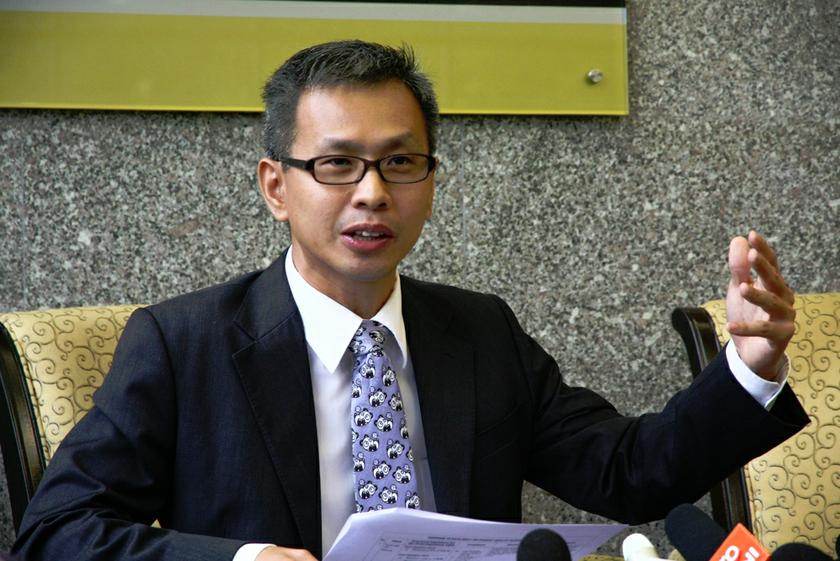KUALA LUMPUR, Oct 25 — A government deficit that remains unmoved despite a RM14.4 billion surfeit in tax collections suggests that Putrajaya is incapable of reining in its excess spending even as it imposes a Good and Services Tax (GST) on the public, DAP’s Tony Pua said today.
Pointing out that the reported excess in tax collections disclosed in Economic Report 2013/14 should have helped slash the chronic deficit to a “euphoric” 2.6 per cent, the Petaling Jaya Utara MP said this has instead remained unchanged at the projected 4 per cent.
“Despite collecting the significantly higher than expected revenue, the deficit for 2013 remained at RM39.3 billion. It means that almost every single sen of extra revenue collected by the Government is immediately expended, instead of contributing towards reducing our debt,” Pua said in a statement today.
Putrajaya today announced the introduction of the long-delayed GST that will begin at 6 per cent from April 1, 2015 in a bid to widen its revenue base and tackle its chronic overspending that dates back to the Asian Financial Crisis of the 90s.
But despite seeking to shift the burden to the public, Pua said the Budget for 2014 also showed that Putrajaya was not slowing down its spending.
“Datuk Seri Najib (Razak) is seeking the Parliament to increase the operating expenditure further to RM217.7 billion, despite a massive RM7.3 billion cut in the subsidies budget from RM46.7 billion in 2013 to RM39.4 billion in 2014.
“Effectively, that means whatever that is saved from the subsidies reduction goes entirely towards other government operating expenditure,” Pua added.
While billed as a “brave reform”, Pua noted that any benefit from the introduction of the GST would be negated by the government’s inability to spend less than it takes in.

He added that instead of addressing the deficit, the new tax would become another avenue to fill “the coffers of the government so as to reduce the need for the BN administration to cut down on its excesses.
”The GST is a consumption tax, meaning all Malaysians will be taxed according to their level of spending, regardless of income. This differs from income tax that is only applicable after a certain salary level is exceeded.
Najib announced today that essential food items would be exempted from the tax, in addition to tap water and the first 200 units of electricity. Government services and public transport will also be exempted.
The tax was first announced during Budget 2005 and was originally scheduled to be implemented in 2007 before it was deferred.
The GST Bill was then tabled for the first reading in 2009 for implementation in late 2011, but was withdrawn during the second reading in 2010 following fierce public resistance.




















